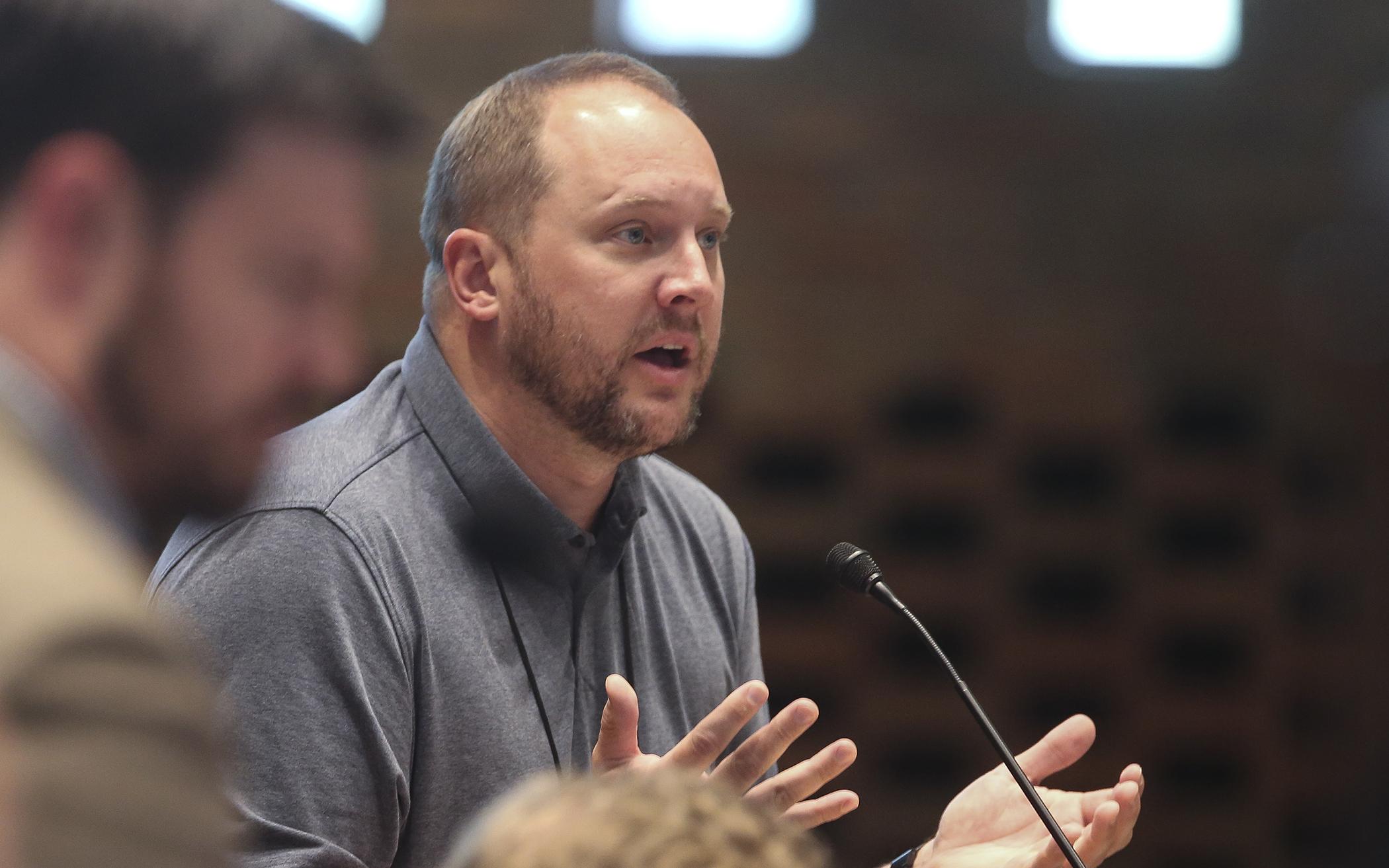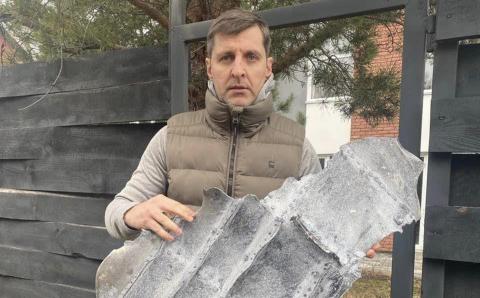On Thursday morning, the last day of Synod 2024, synod declared churches, members, and officebearers “that have declared themselves to be in the status of one in protest with ecclesiastical intent” shall be entered into the process of discipline that Synod 2024 mandated earlier this week.
Synod is the annual general assembly of the Christian Reformed Church in North America. It met June 14-20 in Grand Rapids, Mich.
Synod made this decision, recognizing, per its advisory committee report: “There is no category in Church Order for members, officebearers, councils, or classes to be ‘in protest’ regarding settled and binding synodical decisions concerning confessional matters, or to add ‘metaphorical asterisks’ by their names.”
Ryan Schreiber, Classis Grand Rapids East, spoke against the recommendation, saying it didn’t show the distinctions in each specific communication. Recognizing that he, a minister from Grand Rapids East, would be “under suspension starting this afternoon,” said he was concerned about churches being “lumped together.” “We cannot move these people as a category under discipline. … I don’t want these churches to suffer how I’m suffering; please have mercy.”
Cory Nederveld, Classis Georgetown, reporting for the committee that brought the recommendation, said, “The word ‘discipline’ is often only seen as negative” but “that is not the case … it’s a process for restoration.”
In introducing the committee’s recommendations, Nederveld expressed sympathy “for those who could see no other way to share what they were dealing with” than to send the communications of protest.
A few delegates requested clarification on the difference between a communication that is sent to synod in a form of protest, and people who declare themselves as “in protest.” Nederveld said this applies to churches, members, and officebearers who have the “status” of being “in protest” not necessarily those who have written a protest to synod.
Nederveld further clarified that this has to do with “ecclesiastical intent.” He said the process of discipline “could help clear up” any misunderstanding of what was intended with each communication, saying that a possible outcome in some situations might just be an apology for any confusion.
Nederveld said, “Discipline is discipleship, and that’s a part of our ongoing sanctification as a body.”
The committee produced a minority report, which did not receive the votes to be taken up, that suggested synod only receive and not act on the communications, “understanding that they were written with much prayer, wrestling, and lament.”
Sid Jansma Jr., Classis Grand Rapids South, who served on the committee, said, "These letters to our synod and our committee were signed by 140 different members of our denomination and about a dozen councils."
Israel Ledee, Classis Chicago South, was in favor of the process of discipline for the churches “in protest.” “There seems to be a lack of willingness, at least in some, not to enter into that dialogue, therefore we have to move as a body to help them along in this process.”
James Heyboer, Classis Grandville, wanted clarification, saying, “Will a church currently in this category of protest have an opportunity to present their letter or have a conversation before being put into this disciplinary process?” Nederveld said that the first conversation is the beginning of the process.
Paul Verhoef, Classis Alberta South/Saskatchewan, spoke against the action of discipline, recognizing that some of the communications were created carefully with whole congregations, and others might have been made only by the council without congregational input. He said he thinks “people will be so surprised” when they learn that their “entire council is in discipline.”
The recommendation to “declare churches, members, and officebearers that have declared themselves to be in the status of one in protest with ecclesiastical intent shall be entered into the process of discipline” passed 129 to 54 with 3 abstentions. There were 12 recorded negative votes.
Synod 2024 is meeting June 14-20 at Calvin University in Grand Rapids, Mich. Find daily coverage from The Banner news team at thebanner.org/synod. Visit crcna.org/synod for the synod schedule, webcast, recordings, photos, committee reports, and liveblog. Synod is the annual general assembly of the Christian Reformed Church.
About the Author
Kristen Parker is a freelance writer. She has a passion for words and creativity. Kristen and her husband Chris, enjoy board games and thrift shopping. They attend Stratford CRC in Stratford, Ont.









